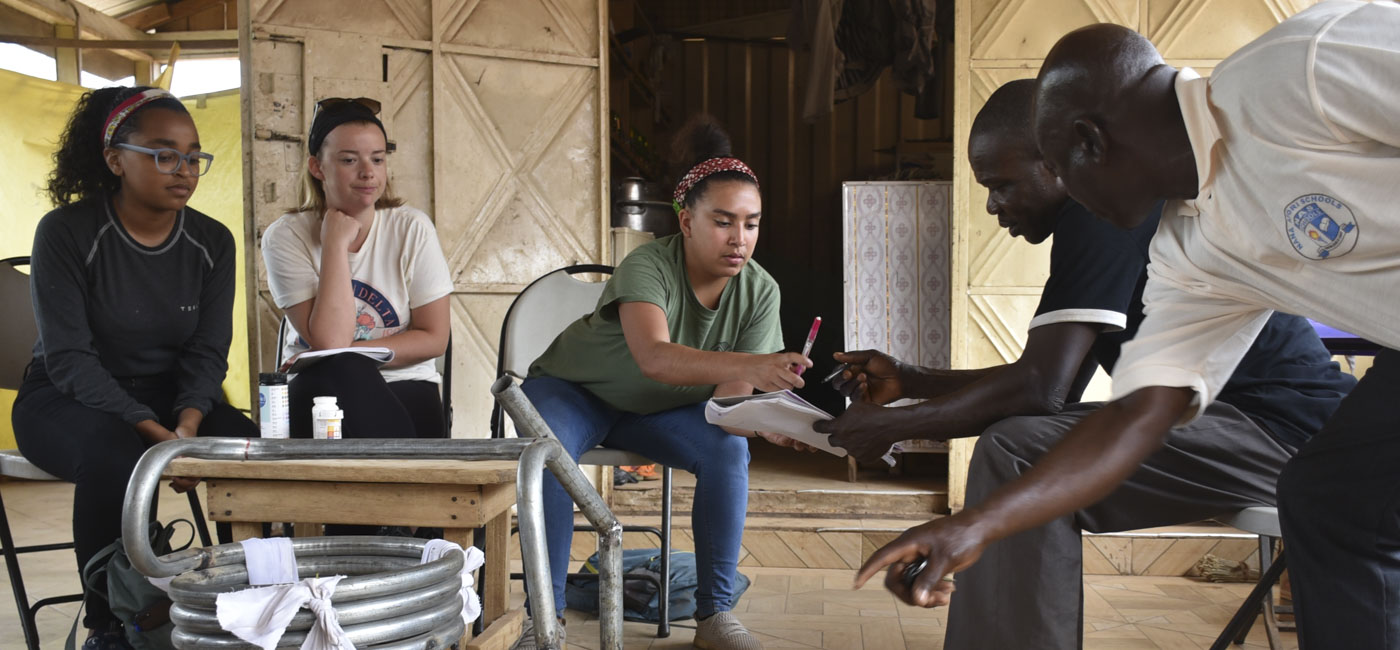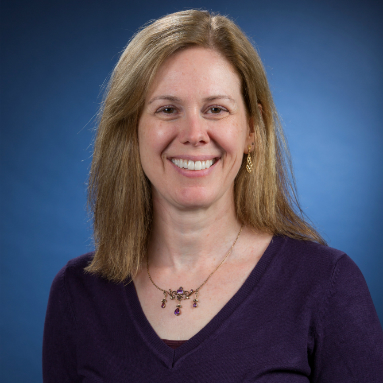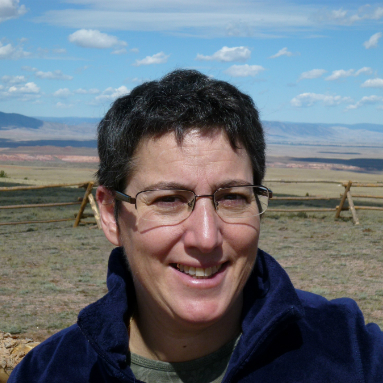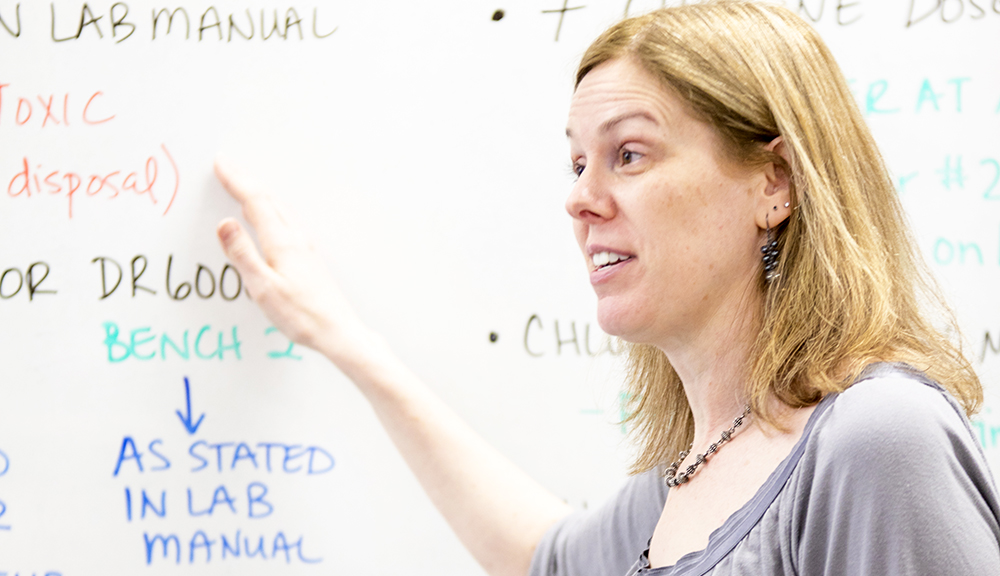Rising sea levels, supercharged storms, persistent droughts, and raging wildfires: the effects of rising atmospheric temperatures are already apparent, and will likely become more prevalent in the decades ahead despite efforts to curb or reverse global climate change. Recognizing a growing national need for professionals with the expertise to help communities and organizations adapt to this new reality, Worcester Polytechnic Institute (WPI) has launched a first-of-its-kind master of science program in Community Climate Adaptation.
The interdisciplinary program draws on the university’s more than half-century of experience with project-based learning and its pioneering undergraduate Global Projects Program. It is offered jointly by WPI’s Department of Civil and Environmental Engineering and Department of Integrative and Global Studies, and housed within The Global School, the newest of WPI’s four academic schools. The 30-credit program includes 10 credits of project work (the Graduate Qualifying Project), with the final credits completed in the third semester.
Most existing graduate programs on climate change focus on either its science or its policy implications. WPI’s program, however, will immerse students in an emerging field that begins with the assumption that the world is locked into a warming trend that will continue for decades to come (nine of the 10 warmest years on record have occurred in just the last decade and a half and several more degrees of warming are predicted by the end of the century). Therefore, it is vital that communities around the globe become more resilient and able to adapt to the inevitable impacts of a changing climate.
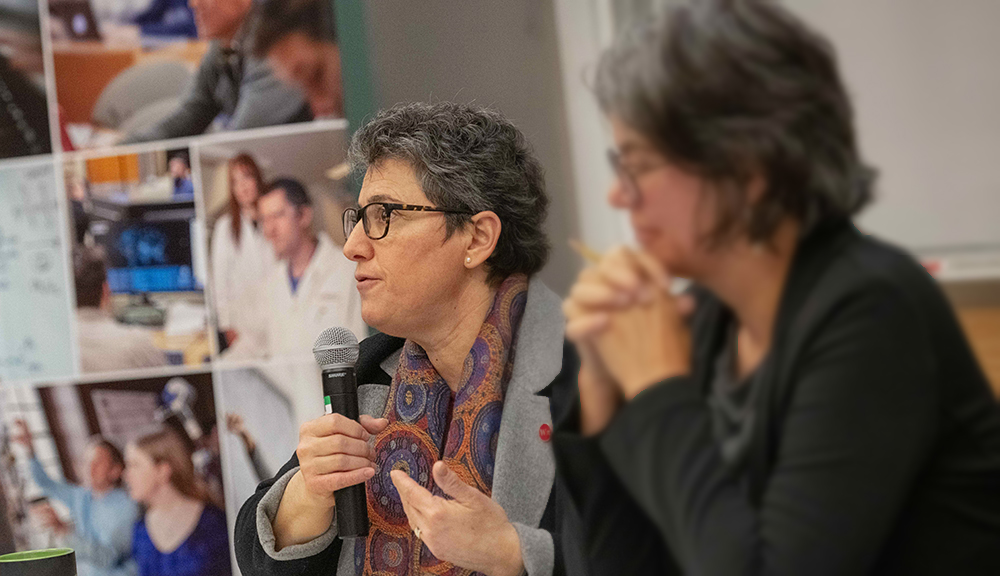
“Just as the field of public health emerged in the late 19th and early 20th centuries to address problems of epidemic infectious disease, we now need to train a workforce that understands how to help communities adapt to the impacts of a changing climate and move forward in sustainable ways,” said Sarah Strauss, professor of integrative and global studies, who co-directs the program with Jeanine Dudle, associate professor of civil and environmental engineering.
Reflecting the highly transdisciplinary nature of climate change and the challenges it poses to cities and towns around the world, students in the program will gain expertise in a number of fields, including engineering, social science, and the physical and biological sciences. They will learn to use that knowledge as they seek to understand the complex network between resources, environment, climate, and people in a community or region. With this approach, students will be better equipped to work with community partners—governments, businesses, and nonprofits—to find solutions appropriate to local contexts.





